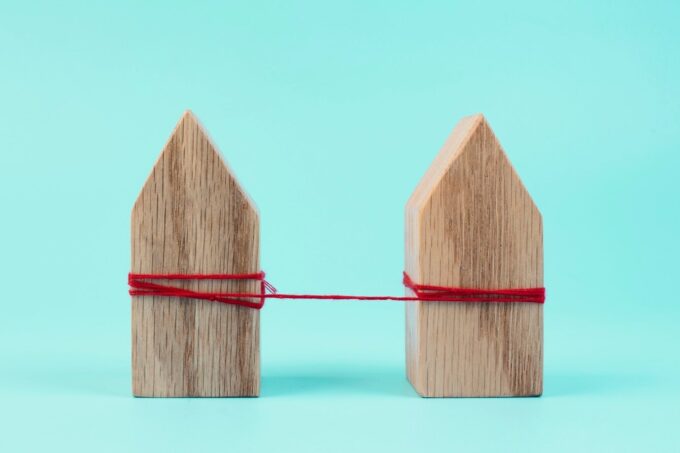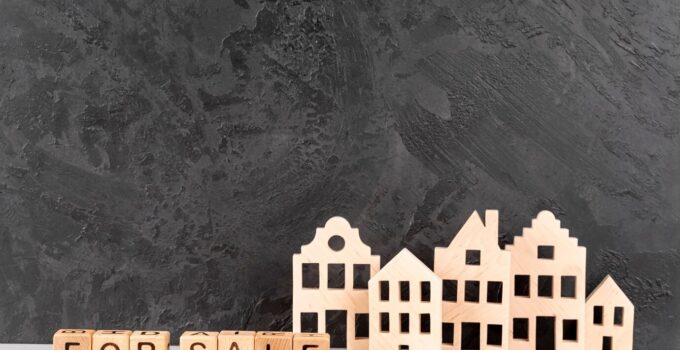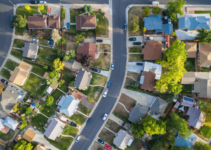Buying your first home in Singapore? It’s exciting but also comes with a ton of questions. Where do you even begin? How much do you need? Which type of property should you go for? The process isn’t exactly straightforward, and with Singapore’s strict property regulations, things can get overwhelmingly fast.
I remember feeling the same way when I first looked into home ownership. Prices seemed sky-high, rules were confusing, and every person I spoke to had a different opinion.
If that sounds familiar, don’t worry—I’m here to break it all down into simple, manageable steps.
Step 1: Figuring Out Your Budget
Before looking at property listings or attending showflats, let’s talk about numbers. How much can you afford? The answer depends on a few key factors.

Source: freepik.com
1. Downpayment
The first thing to set aside is your downpayment. In Singapore, property financing rules require:
- For HDB flats: A minimum of 10% downpayment (if taking an HDB loan) or 25% (if using a bank loan).
- For private property: Expect to fork out at least 25% upfront (5% in cash, 20% in CPF or cash).
That means if you’re eyeing a $500,000 resale HDB flat with a bank loan, you’ll need at least $125,000 before getting a mortgage.
2. Loan Eligibility
The next step is checking how much you can actually borrow. Singapore enforces Total Debt Servicing Ratio (TDSR), which means your total monthly loan repayments cannot exceed 55% of your monthly income.
If you have existing car loans, study loans, or credit card debt, it affects the amount banks are willing to lend. The less debt you have, the bigger your borrowing power.
3. Additional Costs
Buying a home isn’t just about the purchase price—there are plenty of extra costs to factor in:
- Stamp Duty: All buyers pay Buyer’s Stamp Duty (BSD), and if you’re buying a second property, there’s also Additional Buyer’s Stamp Duty (ABSD).
- Legal Fees: Engaging a lawyer for paperwork and conveyancing costs around $2,500 to $3,500.
- Renovation & Furnishing: Even a brand-new unit may need extra work before moving in.
The best way to avoid surprises? Set aside at least 10–15% of your purchase price for hidden costs.
Step 2: Choosing the Right Property Type
Once your budget is clear, the next big question is: HDB, condo, or landed property? Each option has its pros and cons.
HDB Flats: Affordable & Government-Subsidized
For most first-time buyers, HDB flats are the most practical choice. These government-built units are subsidized, making them the most affordable housing option.
Pros:
- More affordable than private housing
- CPF housing grants available
- Good resale demand in prime areas
Cons:
- Five-year Minimum Occupation Period (MOP) before you can sell or rent it out
- Income caps apply for first-time buyers
- Smaller layouts compared to private condos
If you’re thinking of buying an HDB resale flat, keep in mind that older units may have a shorter lease (99-year leases decay over time). But resale flats let you move in immediately, while BTO flats take 3–5 years to complete.
Condominiums: More Privacy & Facilities
Private condos offer perks like swimming pools, gyms, and 24-hour security. They’re pricier than HDB flats, but buyers enjoy greater flexibility.
Pros:
- No income restrictions
- No MOP—can rent out immediately
- Modern designs with better amenities
Cons:
- More expensive (both purchase price and maintenance fees)
- Higher property taxes
- Not eligible for CPF housing grants
For those looking at investment potential, freehold condos hold their value better than leasehold properties. But if you’re only planning to stay for a decade or two, a 99-year leasehold condo may be more cost-effective.
Landed Homes: Space & Exclusivity
If budget isn’t an issue, landed properties offer unmatched space and privacy. However, they come with hefty maintenance costs and are only available to Singapore citizens (except Sentosa Cove, which is open to foreigners).
Pros:
- More space (good for families)
- Higher long-term appreciation
- More control over renovations
Cons:
- High cost of ownership
- No shared facilities like pools or gyms
- Maintenance is entirely your responsibility
Step 3: New Launch vs. Resale – Which One is Better?
Once you’ve decided on an HDB or condo, the next question is: new launch or resale?

Source :freepik.com
New Launch Condos & BTO Flats
Buying a brand-new property has its appeal—it’s fresh, untouched, and comes with the latest designs.
Benefits of New Launches:
- Longer lease tenure (typically 99 years for leasehold properties)
- Lower initial maintenance costs
- Progressive Payment Scheme (pay in stages rather than a lump sum)
However, you’ll have to wait a few years for completion.
Resale Properties
Buying an HDB resale or resale condo means moving in immediately. These units often have larger layouts compared to newer ones.
Benefits of Resale:
- No waiting period—you get the keys faster
- More mature estates with better amenities
- Bigger floor plans compared to new launches
Looking for a solid new launch project? Check out Elta, an upcoming development by MCL Land with promising investment potential.
Step 4: Government Grants for First-Time Buyers
If you’re going for an HDB flat, don’t miss out on CPF housing grants!
Available Grants:
- Enhanced CPF Housing Grant (EHG) – Up to $80,000 for lower-income buyers.
- Family Grant – Up to $50,000 for resale HDB buyers.
- Proximity Housing Grant – If buying near parents, you can get $20,000 in grants.
Executive Condominiums (ECs) also qualify for certain grants, but private condos do not.
Step 5: Avoiding Common Pitfalls
First-time buyers often make costly mistakes—here’s how to avoid them.

Source: freepik.com
1. Overstretching Your Budget
Just because a bank approves a $1 million loan doesn’t mean you should take it. Keep monthly payments below 40% of your income for better financial stability.
2. Ignoring Resale Potential
Your dream home today might not be in demand tomorrow. Look for locations with good MRT connectivity, schools, and future development plans.
3. Underestimating Extra Costs
Legal fees, furnishing, property tax—home ownership isn’t just about paying the mortgage. Factor in all costs before signing anything.
Final Thoughts
Buying a home in Singapore isn’t just a financial decision—it’s a lifestyle choice. HDB, condo, or landed? New launch or resale? The right choice depends on your priorities.
The best approach? Do your research, keep emotions in check, and plan for the long term. A well-chosen property isn’t just a roof over your head—it’s an investment in your future.
Good luck, and happy house hunting!







